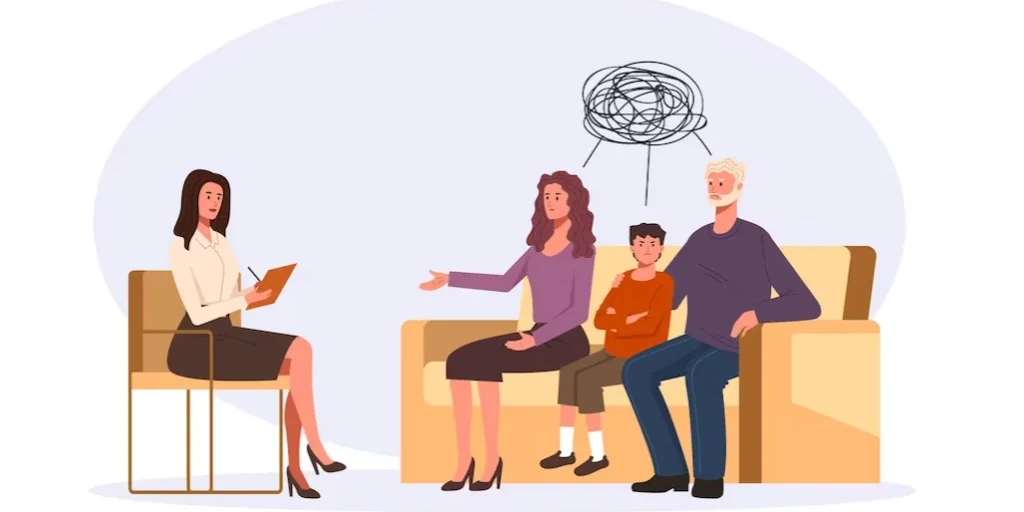24/7 Helpline:
(866) 899-221924/7 Helpline:
(866) 899-2219
Learn more about Depression Treatment centers in Lunenburg County
Depression Treatment in Other Counties

Other Insurance Options
Beacon

AllWell

PHCS Network

Sutter

Health Partners

WellCare Health Plans

Humana

Access to Recovery (ATR) Voucher

State Farm

Cigna

UMR

Carleon

Absolute Total Care

CareFirst

Molina Healthcare

Providence

Amerigroup

Optum

Private insurance

Excellus

Three Rivers Treatment Center Academy
Three Rivers Treatment Center Academy is a private rehab located in Kenbridge, Virginia. Three River...













































































